condensed matter physics describe electrical, magnetical, thermal behavior in solid through solid state physics research.
electronics, material engineering, and mechanical engineering have been created now condensed matter physics has role of indicator for future engineering magnetic material and semiconductor, high temp superconductor is major research topic in condensed matter physics and it is pioneer of new material phase and major role for understanding characteristic of material. and this knowledge used for future technology.
Magnetic, superconductor phase transition and high effective mass electron(up to Thousands of times) for low temp metal is really hard to understanded by perturbation method. So our laboratory trying to find non perturbated methmetical calculation method for strong correlated electron-electron interaction. The presently expected technique is a more generalized form that exists in a higher-order bending space, in which the existing Landau-Ginsberg theory, which understands the phase transition phenomenon, involves a strong interaction effect of electron. We expected that Landau-Ginsberg theory, which describes Einstein's field equations which symmetry braking related phase transitions. This mathematical structure is believed to be related to gauge-gravity duality, which is mostly studied in string theory at present.
Quantum mechanical dynamics of electron in solid shows non classical phenomena. Representative quantum mechanical phenomena is topological phase and anyon which can be used quantum computing. Our laboratory uses quantum field theory and other computational methods to understand new topological material and anyon. Moreover our research field reach the spin liquid, Fractional Quantum State, Quantum Chaos.



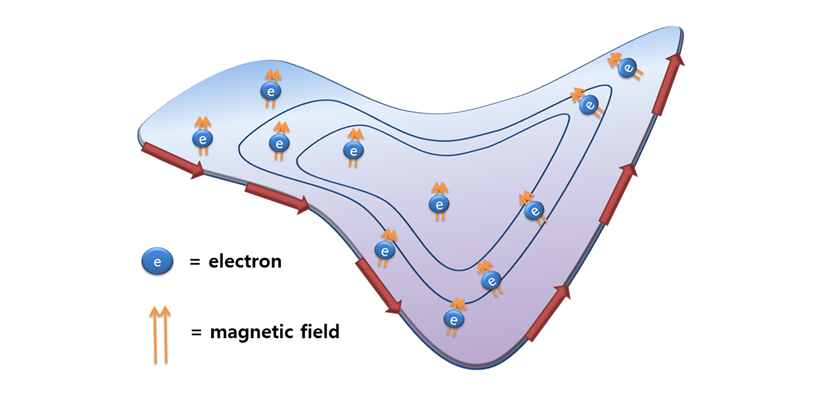
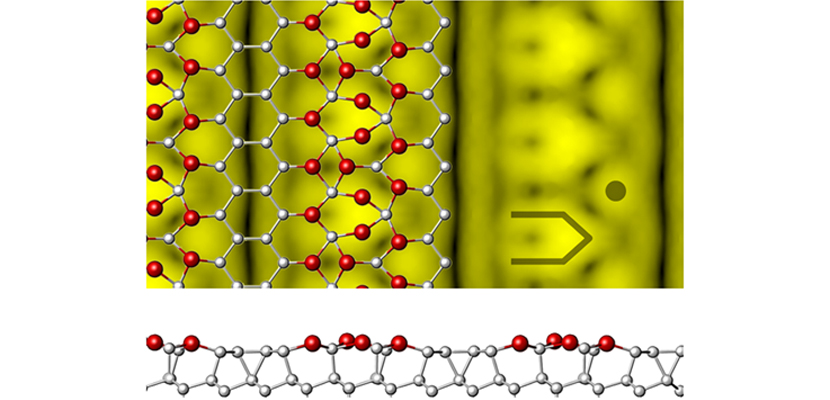
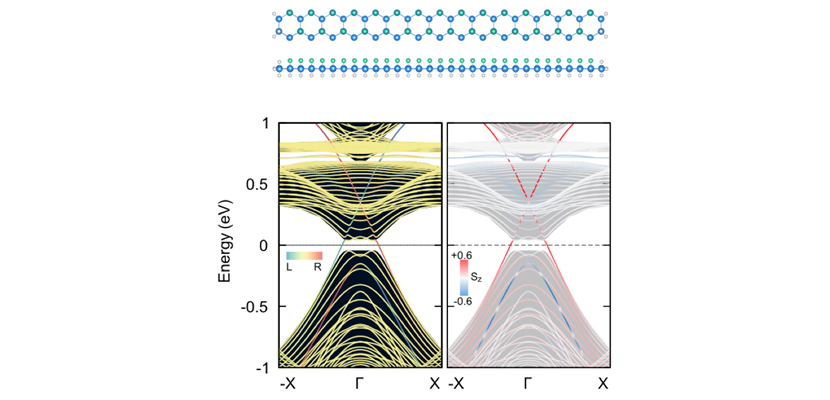
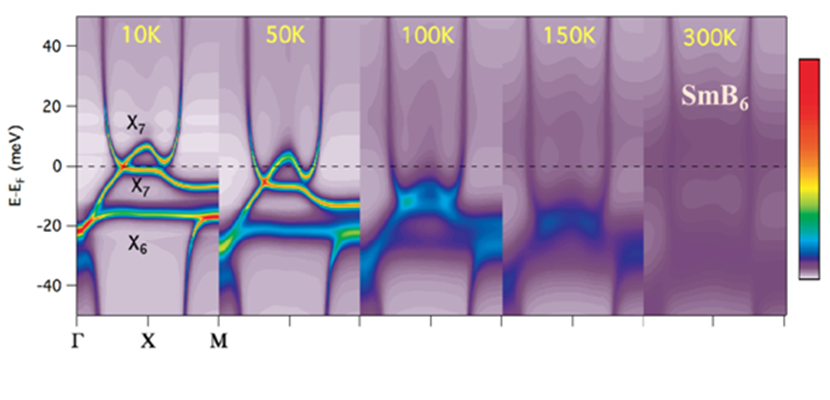
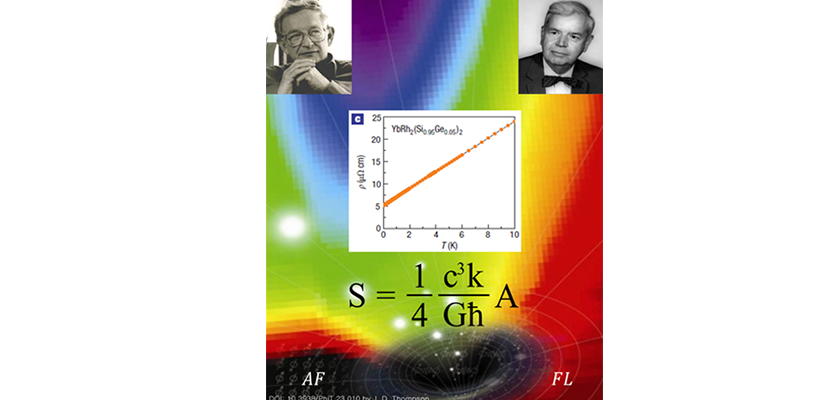
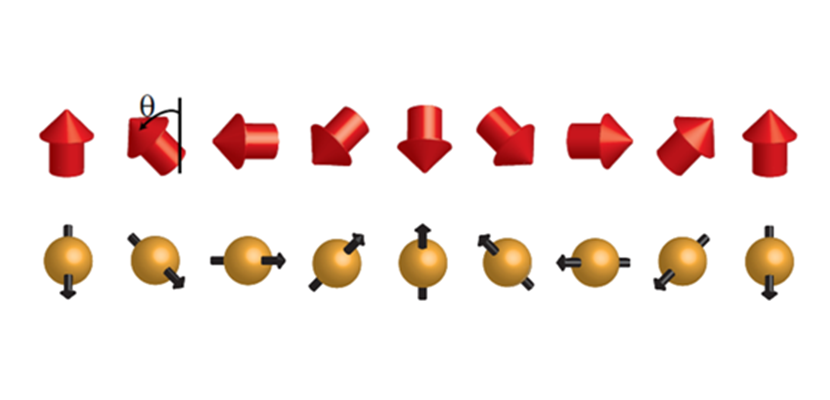
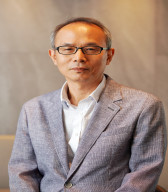
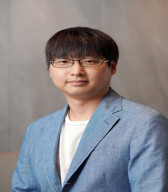
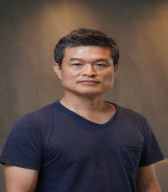
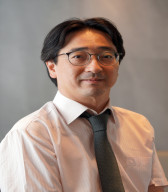
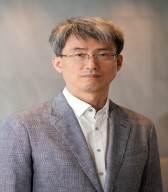
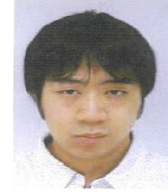
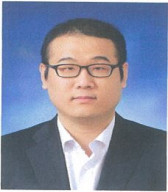
-2.gif)








 Login
Login


